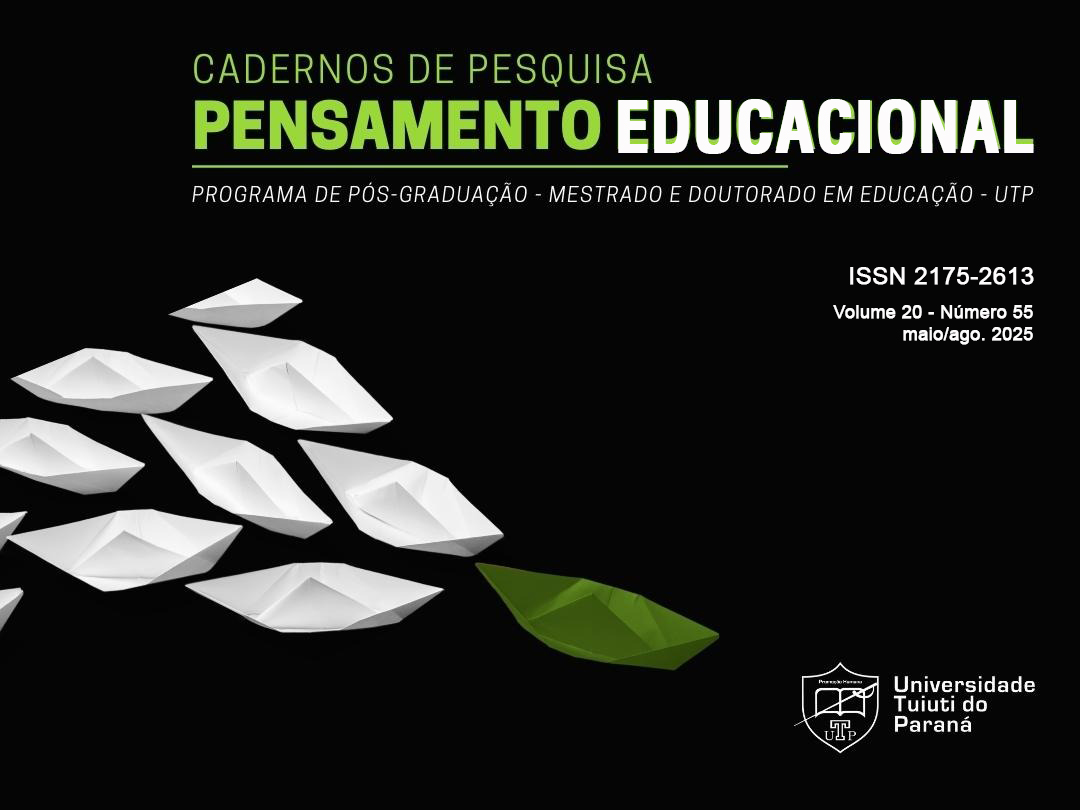Para além dos números: Reflexões sobre sub-representatividade das mulheres nas áreas de ciência, tecnologia, engenharia e matemática
Resumo
A escolaridade feminina no Brasil vem aumentando, especialmente no ensino superior, onde a participação feminina era de 40% em 1971, tendo atingido 56% em 2019. Apesar desse avanço, as mulheres permanecem sub-representadas nos cursos de Ciência, Tecnologia, Engenharia e Matemática (CTEM). Diversos estudos exploram as associações e causas dessa disparidade entre homens e mulheres, incluindo estereótipos de gênero, expectativas sociais e a ausência de modelos femininos nessas áreas. O texto apresenta as explicações encontradas na literatura para esses diferenciais de gênero e discute a importância de se reduzir essas desigualdades, uma vez que as ocupações em CTEM tendem a oferecer cargos de maior prestígio e salários mais altos, sendo ainda fundamentais para o crescimento econômico. Além disso, equipes diversificadas demonstram maior eficiência, e a inclusão de mulheres pode impulsionar a inovação. Alguns números da representatividade feminina nos cursos de CTEM do Ensino Superior brasileiro revelam que embora haja uma tendência de aumento, há um longo caminho a percorrer. Entre outros destaques, o artigo mostra que a escassez de mulheres nesses campos perpetua um ciclo vicioso, desestimulando novas gerações a seguir carreiras em CTEM. Por fim, ressalta-se a necessidade de pesquisas que aprofundem a compreensão dos fatores que influenciam a escolha de carreira de mulheres nas CTEM e a importância de intervenções que promovam a equidade de gênero nessas áreas, visando não apenas a justiça social, mas também o desenvolvimento econômico do país.
Copyright (c) 2025 Laeticia Rodrigues De Souza

This work is licensed under a Creative Commons Attribution-NonCommercial 4.0 International License.
- Autores mantém os direitos autorais e concedem à revista o direito de primeira publicação, com o trabalho simultaneamente licenciado sob a Licença Creative Commons* que permite o compartilhamento do trabalho com reconhecimento da autoria e publicação inicial nesta revista.
- Autores têm autorização para assumir contratos adicionais separadamente, para distribuição não-exclusiva da versão do trabalho publicada nesta revista (ex.: publicar em repositório institucional ou como capítulo de livro), com reconhecimento de autoria e publicação inicial nesta revista.
- Autores têm permissão e são estimulados a publicar e distribuir seu trabalho online (ex.: em repositórios institucionais ou na sua página pessoal) a qualquer ponto antes ou durante o processo editorial, já que isso pode gerar alterações produtivas, bem como aumentar o impacto e a citação do trabalho publicado (Veja O Efeito do Acesso Livre).
- Esta revista proporciona acesso público a todo o seu conteúdo, uma vez que isso permite uma maior visibilidade e alcance dos artigos e resenhas publicados. Para maiores informações sobre esta abordagem, visite Public Knowledge Project.

*Esta obra está licenciado com uma Licença Creative Commons Atribuição-NãoComercial 4.0 Internacional.


